As with any other medical issue, a tinnitus treatment is most successful when it addresses the cause directly. Since tinnitus is considered a symptom of a disease rather than its own disorder, treatment for tinnitus focuses on the underlying illness. Unfortunately, in many cases it is very difficult to determine the precise cause of tinnitus, which makes targeted treatment equally challenging.
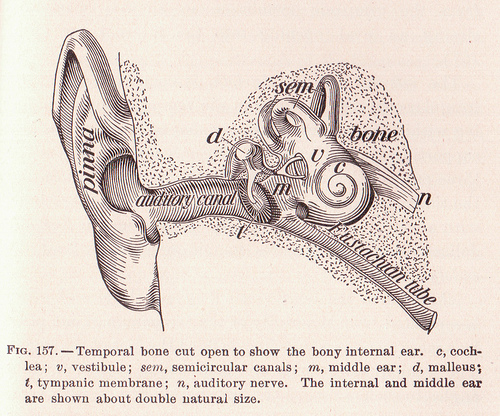
Key Points About Treating Tinnitus:
- 1. Depression can play a role for some and antidepressants can help, but they can have serious side effects.
- 2. Sleep Deprivation may be a factor so sedatives may help. Primarily used for a sleep aid, but they will make you tired, and you shouldn’t take them for long.
- 3. You can try to cover up the noise. This is done with machines called masking devices or as part of tinnitus retraining therapy.
- 4. Some people feel better if they listen to music or other sounds they enjoy however this can be a distraction.
- 5. Hearing aids can make your hearing better, though they won’t help your tinnitus. But if you can hear better, the tinnitus might annoy you less.
- 6. There are alternative holistic remedies that can help a great deal with Tinnitus. Learn More Here:
Prevention




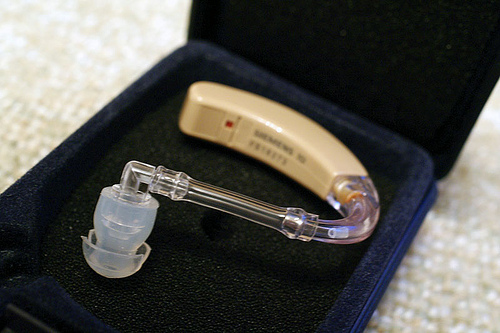


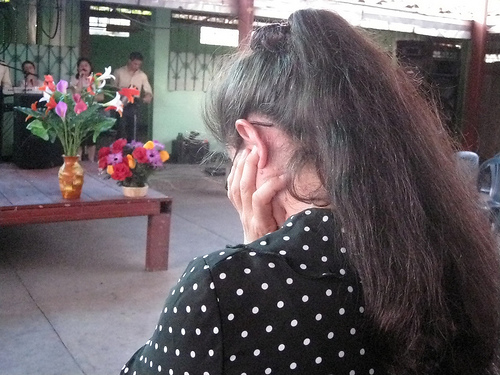
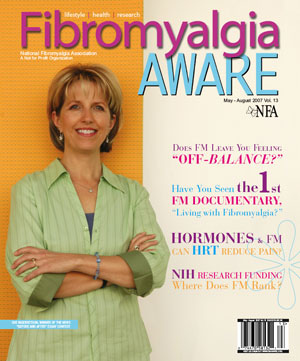
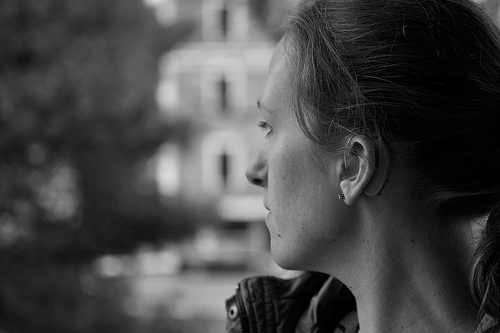

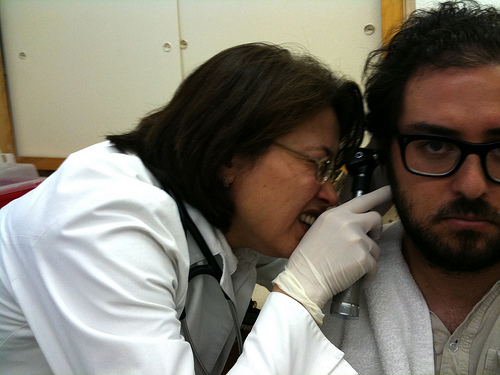
 Our surprise pick is an all natural solution that you can use to get relief from Tinnitus.
Our surprise pick is an all natural solution that you can use to get relief from Tinnitus.